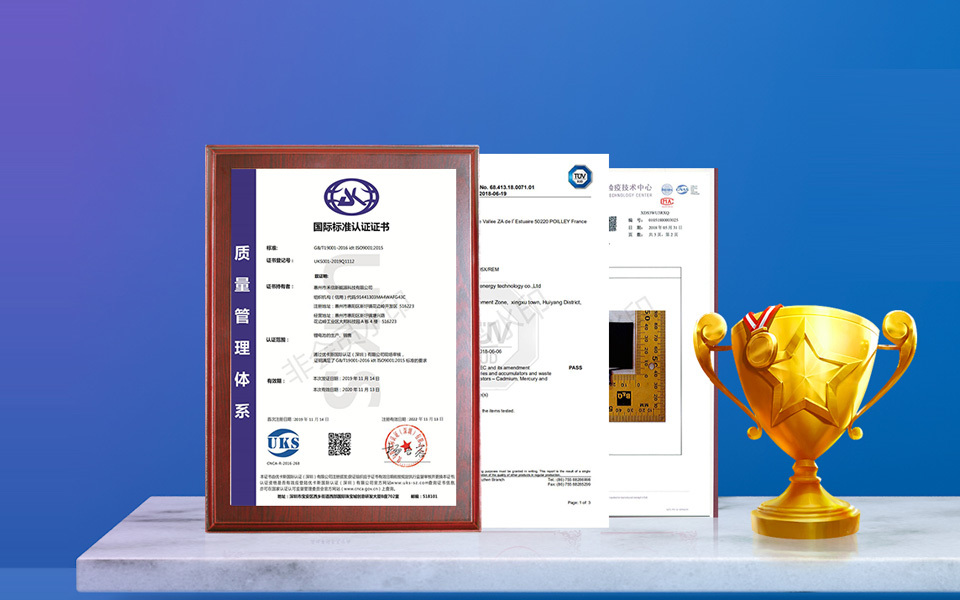11
2020
-
05
American experts believe that it is possible to increase the energy density of lithium batteries by 2-3 times
Author:
Recently, three of the world's top battery experts from Argonne National Laboratory and Northwestern University published a paper discussing the development process of chemical energy storage batteries and making predictions about the development prospects of lithium batteries. They believe that it is achievable to increase the energy density of lithium batteries by 2-3 times in the future, and the key lies in the innovation of battery materials.
The three scientists are: Michael M. Thackeray, senior scientist in the Electrochemical Energy Storage Division of Argonne National Laboratory, Eric Isaacs, director of Argonne National Laboratory, nanomaterials expert and physicist, and Christopher Wolverton, professor in the Department of Materials Science at Northwestern University. Their related paper has been published in the 2012 seventh issue of the Journal of the Royal Society of Chemistry.
At present, lithium batteries have been widely used in the digital field. However, due to factors such as insufficient battery life, insufficient safety, and short cycle life of power lithium batteries, they have been unable to be widely used in the field of electric vehicles and large-scale energy storage. In response to this, the above-mentioned experts pointed out in the paper that in order to promote the widespread use of lithium batteries in energy storage systems required for electric vehicles and smart networks, breakthrough innovations in the fields of materials and chemistry are still needed. They pointed out that it is very possible to increase the energy density of lithium batteries by 2-3 times in the future, but they need to find a battery material with better performance.
The paper finally mentioned that a stable, non-volatile, and non-liquid electrolyte should be developed to further improve battery safety. In addition, the paper points out that how to achieve the electrochemical characteristics, safety and price of batteries that can operate stably under a wide voltage range are all huge challenges for future lithium-ion battery research and development.
Previous Page
21
2020-04
21
2020-04
The lithium battery industry can still expect high growth in the next few years
21
2020-04
Decoding the pros and cons of overseas Taobao for Chinese lithium battery companies
21
2020-04
Where is the energy storage battery?
21
2020-04
More than 5 power battery companies are involved in upstream lithium mines
11
2020-05
Warmly celebrate our company's successful passing of ISO9001 quality management system certification
11
2020-05
Super battery/graphene battery is not the best yet. Take stock of 12 new battery technologies

Copyright©Huizhou Hexin New Energy Technology Co., Ltd. All Rights Reserved


